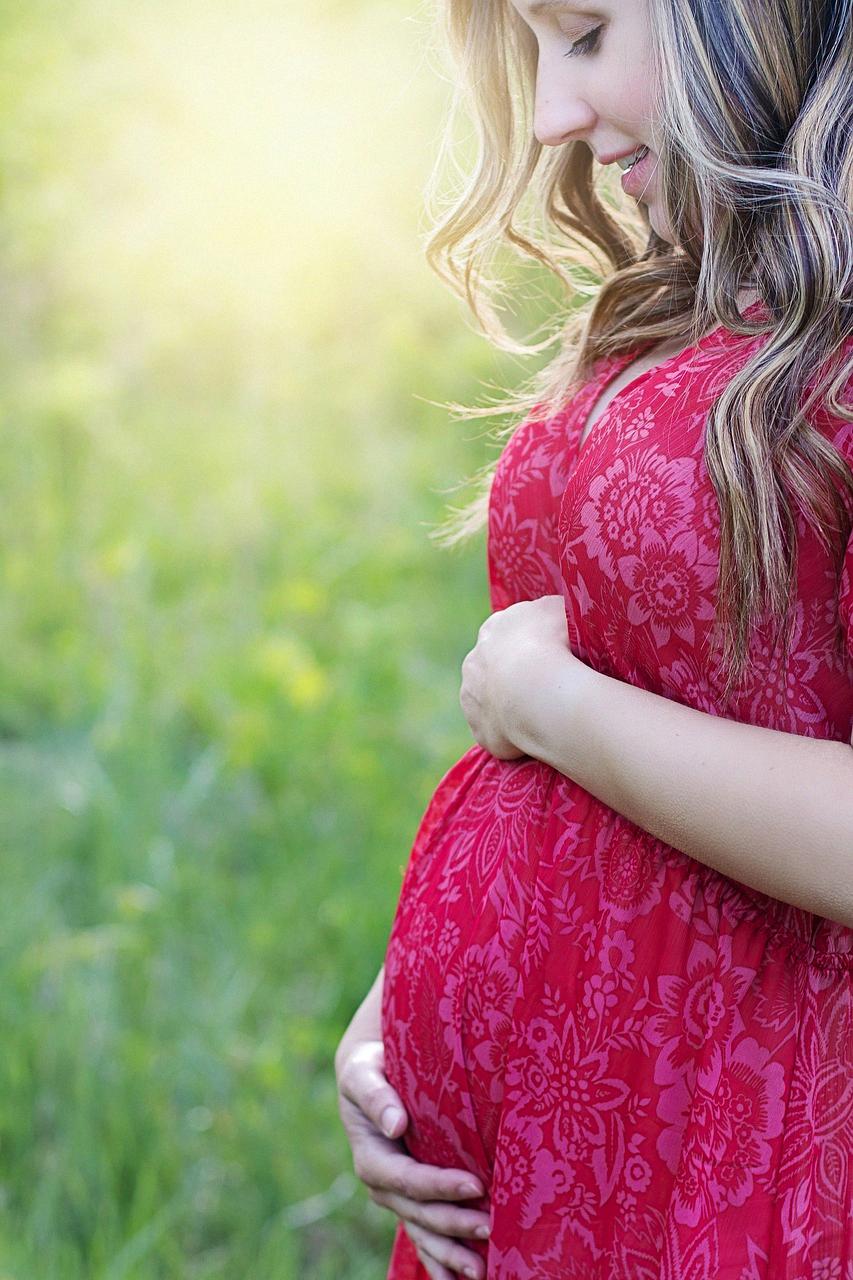When it comes to the topic of cerclage and its relation to high-risk pregnancies, there are various factors to consider. One of the key points to note is that while cerclage can certainly be a valuable intervention for certain pregnant individuals, it is not without its potential risks and complications.
It is essential to acknowledge that the risk level associated with cerclage can vary depending on the specific circumstances of the pregnancy. For instance, ultrasound-indicated and physical examination-indicated cerclages may carry a higher level of risk compared to history-indicated cerclages.
One of the primary risks associated with cerclage procedures is the possibility of infection or sepsis. Infections can pose a significant threat to both the mother and the developing fetus, making it crucial for healthcare providers to closely monitor patients who undergo cerclage.
Another potential risk of cerclage is the inadvertent rupture of membranes. This complication can lead to preterm labor or other serious consequences, underscoring the importance of skilled and experienced medical professionals performing the procedure.
Lacerations at the surgical site are also a concern with cerclage, as these can result in bleeding, discomfort, and potential complications. Proper care and attention to detail during the cerclage placement are essential to minimize the risk of such lacerations.
Additionally, anesthesia-related complications are another factor to consider when evaluating the risk level of cerclage in pregnancy. Anesthesia carries its own set of risks, and pregnant individuals undergoing cerclage must be carefully monitored throughout the procedure.
While it is crucial to recognize the potential risks associated with cerclage, it is also important to highlight the benefits that this intervention can offer in certain high-risk pregnancy scenarios. Cerclage can help provide structural support to the cervix and reduce the risk of preterm birth, offering a potentially lifesaving intervention for some pregnant individuals.
Ultimately, the decision to undergo cerclage during pregnancy should be made in close consultation with a healthcare provider who can assess the individual’s specific risk factors and medical history. By weighing the potential risks and benefits of cerclage, healthcare professionals can make informed decisions to safeguard the health and well-being of both the mother and the developing fetus.
In conclusion, while cerclage can be a valuable tool in managing high-risk pregnancies, it is not without its inherent risks. By understanding the potential complications associated with cerclage and taking appropriate precautions, healthcare providers can help mitigate these risks and optimize the chances of a successful outcome for both the mother and the baby.

